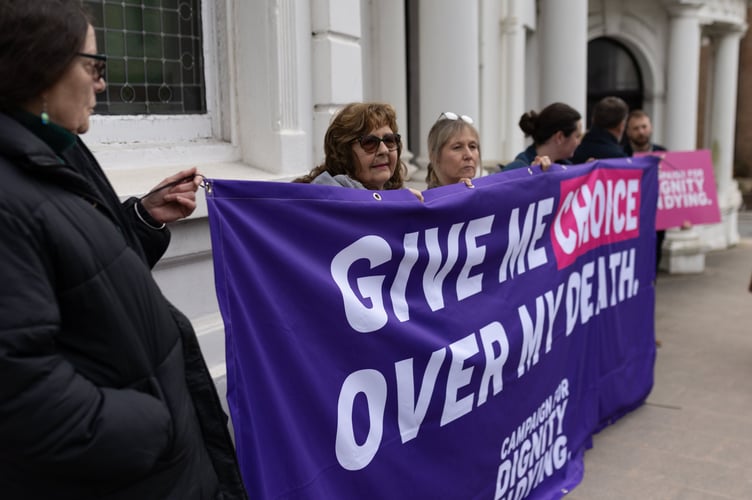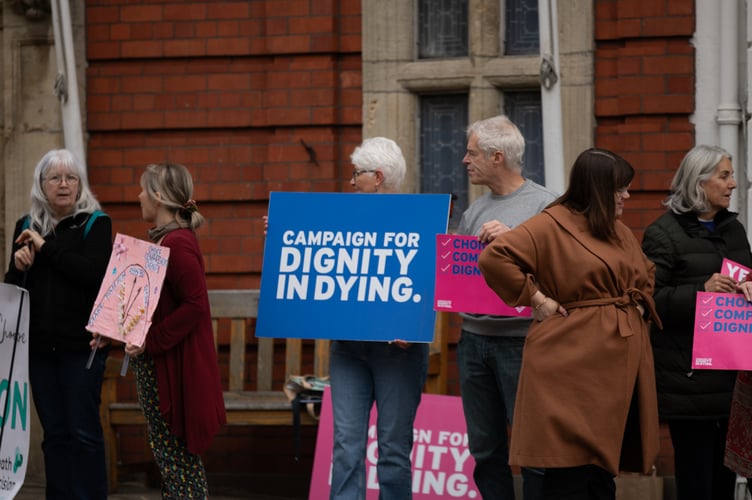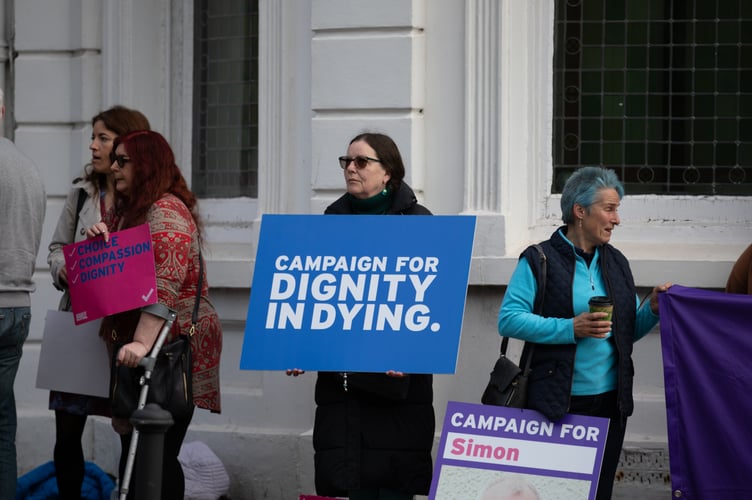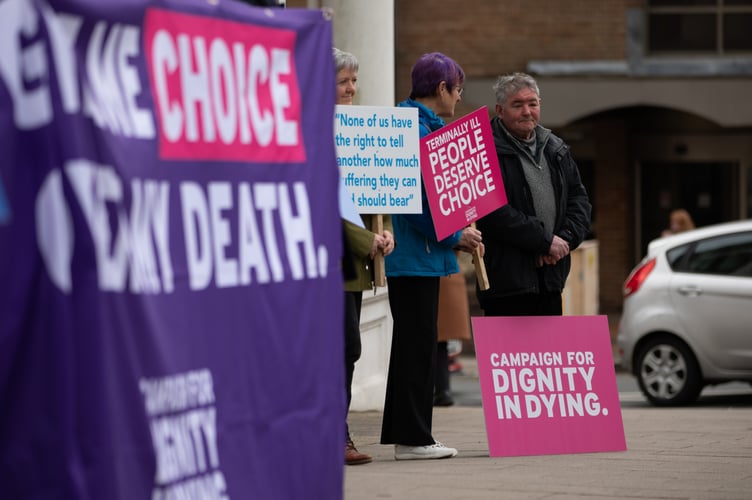Politicians have voted in favour of increasing the residency period for those wanting to end their life on the Isle of Man through assisted dying.
If passed, the Assisted Dying Bill 2023 would afford terminally ill and mentally competent adults the right to, at their request and with specified assistance, end their own life.
If the bill becomes law, it would make the Isle of Man the first place in the British Isles to introduce assisted dying for terminal ill adults who have a ‘clear and settled’ intention to end their life.
On Tuesday, Members of the House of Keys (MHKs) had the chance to debate each clause of the Bill, hear further evidence from experts and put forward any amendments during the first ‘critical clauses stage’ of the bill.
Proposals under the initial version of the bill, which was first put forward by Treasury Minister Dr Alex Allinson, would have required residents to live on the island for at least one year before the assisted dying provision was made available to them.
That time period has now increased to five years following a recommendation which was made by a House of Keys committee last month and a vote by MHKs on Tuesday.
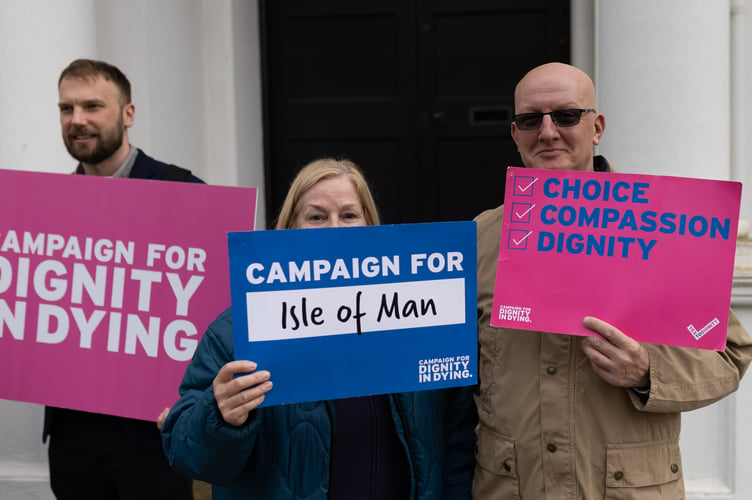
As well as voting 14 to 10 in favour of the five-year residency period, members also voted 15 to 9 for assisted dying provisions to be made available to terminally ill patients who have been given a prognosis of 12 months or less left to live.
Speaking after the sitting, MHK for Ramsey Dr Allinson said: ‘I want to thank my colleagues in the House of Keys for their contributions to today’s debate and voting to approve two of the main clauses in the Bill.
‘For many years the Isle of Man community has called for significant law reform and I have heard countless stories from those who have been affected by the blanket ban on assisted dying.
‘There is overwhelming support for this progressive change and we have moved a step closer to following in the footsteps of countries such as Australia and New Zealand, who have proven that assisted dying can be legislated for safely, alongside access to high quality end-of-life care and with stringent safeguards.’
The clauses of the Bill will continue to be debated and voted on during next week’s sitting (Tuesday, May 14).
Following the clauses stage, the Bill is expected to receive a third reading in the House of Keys this summer.
After progressing through the Legislative Council, it could then receive royal assent as soon as next year, with assisted dying provision potentially being made available from 2027 onwards.

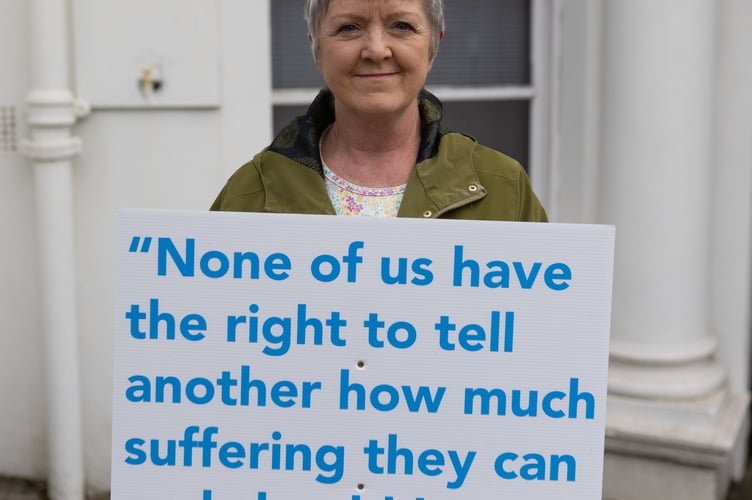
During Tuesday’s sitting, MHKs also heard expert evidence from Dr Jacky Davis, Chair of Healthcare Professionals for Assisted Dying, and Professor Emeritus Sam H Ahmedzai, who has 30 years’ experience as an academic physician in palliative medicine.
Both advocated in favour of assisted dying alongside excellent palliative care and the need to listen to evidence from other countries who have already changed the law.
The Isle of Man Government’s Chief Minister also said that the Bill could eventually be put to a public vote before being made law.
Alfred Cannan said he planned to table an amendment to the Bill which would require a referendum to decide whether assisted dying should be implemented in the island.
The Chief Minister also said that there ‘comes a time and a place where the people need their say’.
In a previous sitting, Mr Cannan said: ‘I do still think there are many things to consider after hearing the thoughts of honourable members. This is not just about assisted dying, it goes further than that – it's about the right to die.’

Sarah Wootton, Chief Executive of Dignity in Dying, said: ‘The Isle of Man is now one step closer to giving dying people the choice and compassion they need and deserve.
‘Members of the House of Keys should be congratulated for their compassion and common sense, which the Manx people have been calling out for. This law is limited to local people who are at the end of their lives and reflects a reform that the majority of Manx people support.
‘Mountains of evidence from other jurisdictions that have already changed the law prove that these laws work safely; far more so than the status quo which is making people vulnerable and causing huge harm to dying people and families. We look forward to seeing this Bill progress through its remaining stages as the Island moves closer to historic law change.’
